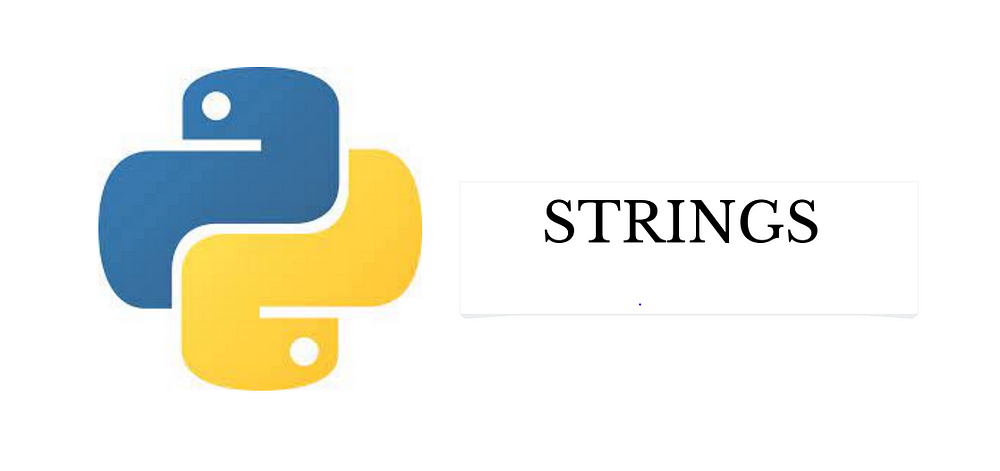
What are Strings?
Strings: Strings are sequences of characters enclosed by single(‘ ’) or double quotes (“ ”). This sequence of Unicode characters may include letter, number and a special character.
How to create a String?
A string can be created by simply enclosing characters in single or double quotes.
str="Eshaa"
print(str)
Empty Strings
An empty string is a string without any characters inside,having length zero.
str=" "
print(str)
Multiline Strings
Multiline strings are represented using triple quotes(''' ''').
str='''Have a Nice Day'''
print(str)
Traversing a String
Traversing a string means accessing all the elements of a string one after the other by using index value.
Each character in a string has an index value. Indexing starts at 0 and must be a integer.

Individual elements can be accessed by typing index values inside square brackets
[ ] as shown below in the code.
str="HELLO"
print(str[0])
print(str[1])
print(str[2])
print(str[3])
print(str[4])
Iterating through the string using loop
str="Hello World"
for i in str:
print(i)
Special String Operations:
1.Concatenation: Concatenation means adding of 2 strings. The + operator joins two strings.
str1="Hello"
str2="World"
str3=str1+str2
print(str3)
2.Replication: The * operator creates a new string by repeating multiple copies of the same string.
str="Eshaa"
str*3
3.String Slicing: Slicing is used to retrieve a subset of values. This extracted substring is known as slice.
Syntax: String_name[Start:End:Step]
str="Computer"
print(str[1:3])
print(str[:3])
print(str[3:])
print(str[::2]
STRINGS ARE IMMUTABLE
Strings are immutable which means that the content of the string cannit be changed after it is created.
str="can"
str[0]='m'
The above code will lead to Type ERROR since Python does not allow the programmer to change a character in the string.
String Built in Functions
**1. len():**This method returns the length of the string.
str="Hello World"
print(len(str))
2. capitalize(): This method returns the exact copy of string with first letter in uppercase.
str="eshaa"
print(str.capitalize())
3. replace(): This function replaces all the occurrences of old string with new string.
str="Today is a good day"
print(str.replace('is','was'))
4. split(): The split() method breaks up a string at the specified separtaor and returns a list of substring.
str="I am Eshaa"
print(str.split())
5. find(): This function is used to search the first occurrence of substring in a given string. The find method returns the lowest index of the substring. If the substring is not found in the given substring it returns -1.
str="Computer"
print(str.find('put'))
6. isalpha(): This function check whether the inputted string contains alphabets.It returns True if the string contains only letters,otherwise returns False.
str="Good Day"
print(str.isalpha())
The output of this code will be False since the string contains spaces.
7. upper(): Converts the lowercase letters in the string to uppercase.
str="bye"
print(str.upper())
8. lower(): Converts the uppercase letters in the string to lowercase.
str="BYE"
print(str.lower())
9. lstrip(): Returns the string after removing the spaces from the left of the string.
str=" Hello"
print(str.lstrip())
10. rstrip(): Returns the string after removing the spaces from the right of the string.
str="Hello "
print(str.rstrip())
11. swapcase(): This method converts and return all the uppercase character into lowercase or vice versa of the given string.
s="Hello"
print(s.swapcase())
Thanks for reading! 😻